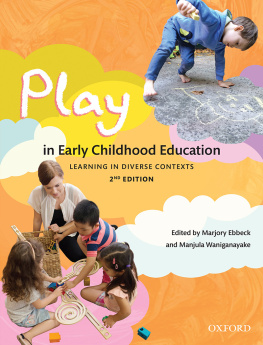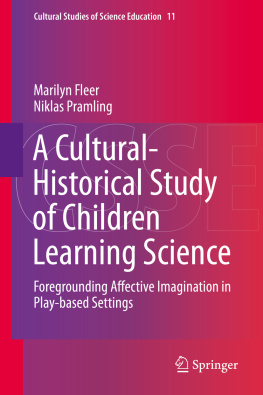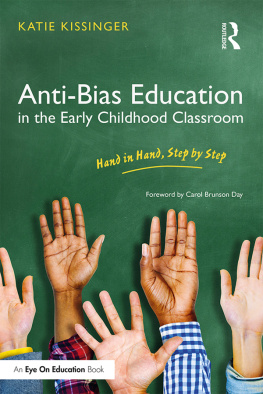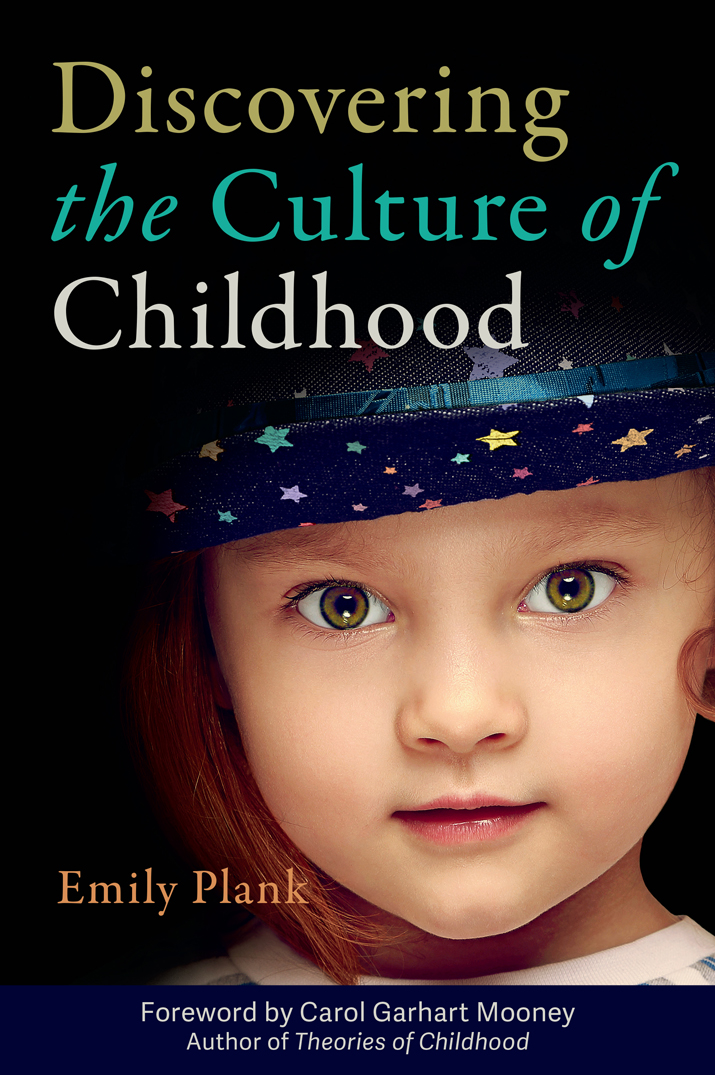
Published by Redleaf Press
10 Yorkton Court
St. Paul, MN 55117
www.redleafpress.org
2016 by Emily Plank
All rights reserved. Unless otherwise noted on a specific page, no portion of this publication may be reproduced or transmitted in any form or by any means, electronic or mechanical, including photocopying, recording, or capturing on any information storage and retrieval system, without permission in writing from the publisher, except by a reviewer, who may quote brief passages in a critical article or review to be printed in a magazine or newspaper, or electronically transmitted on radio, television, or the Internet.
First edition 2016
Cover design by Erin Kirk New
Cover photograph by Getty Images/iStock/Nastia11
Interior design by Douglas Schmitz
Typeset in Garamond
Library of Congress Cataloging-in-Publication Data
Names: Plank, Emily, author.
Title: Discovering the culture of childhood / Emily Plank.
Description: St. Paul, MN: Redleaf Press, 2016. | Includes bibliographical references and index.
Identifiers: LCCN 2016003407 (print) | LCCN 2016014845 (ebook) | ISBN 9781605544632 (ebook)
Subjects: LCSH: ChildrenSocial conditions. | ChildrenCross-cultural studies. | BISAC: SOCIAL SCIENCE / Childrens Studies. | FAMILY & RELATIONSHIPS / Life Stages / Infants & Toddlers. | EDUCATION / Professional Development. | PSYCHOLOGY / Developmental / Child.
Classification: LCC HQ767.9 .P625 2016 (print) | LCC HQ767.9 (ebook) | DDC
305.23dc23
LC record available at http://lccn.loc.gov/2016003407

For Ezra, who believes in me relentlessly.
And for Tekoa, Simone, and Desmond,
who have inspired this book.

Table of Contents
Guide
Contents
CHILDREN ARE NOT IMPERFECT HUMANS, but they are imperfect adults. This is my favorite quote from Discovering the Culture of Childhood, one I jotted down as I read. In this vibrant and dynamic first book, Emily Plank treats us to many such provocative statements about young children and our understanding (or misunderstanding) of their behaviors, motives, and capabilities. Plank suggests that many of us measure children according to the level of adultness they have attained, placing them on a continuum of development that focuses on what they will become rather than what they are capable of today.
In doing so, she cautions us, we can fail to see what children truly need and reach the wrong conclusions about both their motives and their behaviors. All of us have seen this failure in our work with children, among our own families, or anyplace where small children and adults gather. Parents and other caregivers want their children to behave, but they often dont understand that there simply is no misbehavior in the earliest years. It is all just behavior. Reminding ourselves that children think and act differently than we do can empower us to respond in more thoughtful and supportive ways to these inevitable happenings. As Plank comments, Viewing childhood as a distinct culture shifts the nature of adult/child relationships from one of hierarchy and power to one of mutual respect.
This book serves as a call to action for all adults to consider changing their thinking about childhood. Why should we tell children to say Im sorry if they are not? Why does one have to color only with the point of a crayon? Most of us have feigned illness once or twice when we were just too tired to join a friend for dinner, yet we are horrified when a four-year-old growls at another at preschooler, Go awayI want to be by myself! Emily Plank encourages us to believe that in truly understanding young children, we will resist the urge to interrupt, punish, script, overrule, manipulate, and dictate their play (and behavior).
This fascinating volume covers many topics, such as language and artistic expression, childrens friendships, and approaches to child discipline and guidance. Plank also explains the price children are paying in loss of play and environments for play due to a national trend of focusing more attention on academics than on social and emotional development. Of course, not every reader will agree with every suggestion. Programs in the United States are so varied that those in large centers where lunch is served on the work tables and sleep mats are laid out in the block area will find it harder to imagine postponing cleanup time to leave works in progress than family programs, which are often not as bound by some of the restrictions to which larger programs must adhere. Our own temperaments and experiences affect how comfortable we are with art experiences that are void of adult direction.
As a college ECE instructor for more than thirty years, Id like to see Discovering the Culture of Childhood on the required reading list right up there with Introduction to Child Growth and Development. It is a must read for all who teach children, have children, or work with childrenespecially for those who write about or teach all of the above.
Carol Garhart Mooney
SparkNH & Project LAUNCH
Author of Theories of Childhood: An Introduction to Dewey, Montessori, Erikson, Piaget & Vygotsky
I WOULD LIKE TO EXPRESS my heartfelt gratitude to all those who have helped make this book a reality. Thank you to everyone at Redleaf Press who believed in this project and helped bring it to print, including Laurie Herrmann, Kyra Ostendorf, and my wonderful editor, Danny Miller. I am honored to be a Redleaf author.
Thank you to Tom, Melissa, Lakisha, Marc, Kelly, and Denita, who contributed such wonderful and rich stories for this book.
To those who gave me opportunities to grow as a leader in the field of early childhood education: the Iowa Association for the Education of Young Children, in particular Barb and those involved with the Emerging Leader program; Child Care Resource and Referral of Southeast Iowa, especially Kristin and Tessa; and Community Coordinated Child Care in Iowa City, in particular Susan and Mary. Thank you all for affirming my voice and contribution to the field.
To friends and colleagues who offered time discussing my early ideas or reading initial drafts, sharing both feedback and encouragement, and to those who gave me a road map to move this book from my head to a publisher to print, especially Ijumaa, Kelly, Heather, and Peg.
Thank you in particular to my dear friend Kelly Matthews. Your real-time text updates while you read and edited my initial manuscript, our coordinated phone conversations across many time zones, and your endless encouragement and validation confirmed that this project was important for our field. Your belief in me and in my work has truly been a source of strength through this process.
To all the wonderful families and children with whom I have worked over the years at Abundant Life Family Child Care, thank you for letting me be a part of your lives, and thank you for teaching me about the culture of childhood.
I owe the most gratitude to my family. To Ezra, for helping me refine my ideas, editing various drafts, shouldering extra responsibilities with our family so I could write, and, most important, believing that I could do this. And to my amazing children, who shared their joy and love with me as I went along. I love you.









